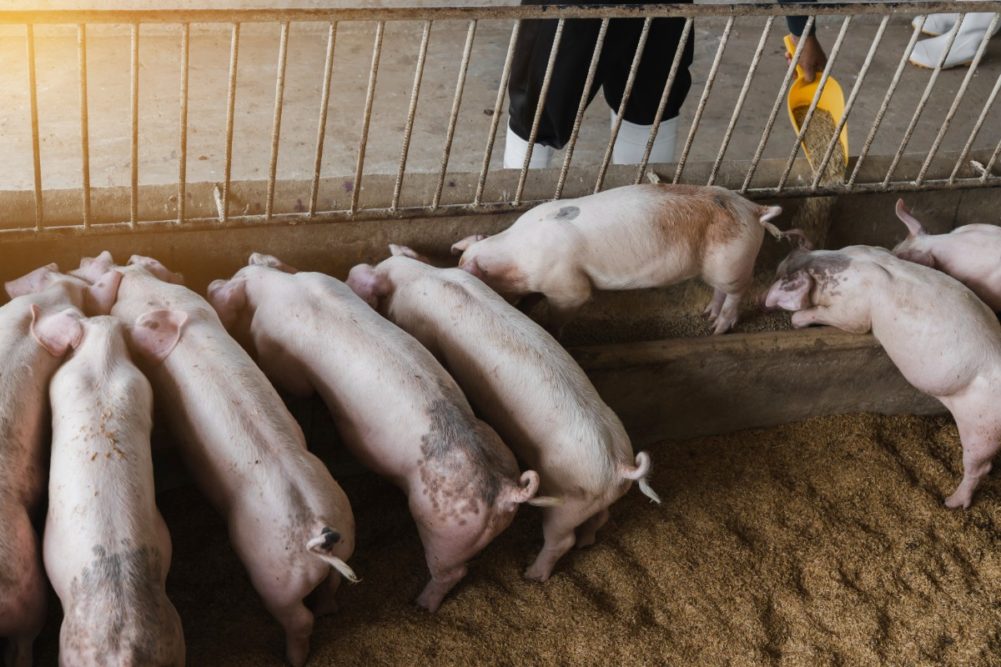WASHINGTON — Greg Ibach, US Department of Agriculture undersecretary for marketing and regulatory programs, announced additional measures on March 6 the agency will take to control and eradicate African swine fever (ASF) if it reaches the United States.
“First and foremost, USDA is committed to doing all it can to prevent ASF from entering the US and we greatly appreciate the pork industry’s vigilance and partnership in this successful effort thus far,” Ibach said. “However, the additional measures I am announcing today will strengthen our ability to quickly and effectively respond to the disease if detected here at home.”
The USDA announced five measures if ASF is detected. First, Agriculture Secretary Sonny Perdue would declare an “extraordinary emergency” to establish the USDA as the leader coordinating the national approach to control and eradicate the disease. The department said Perdue would then ensure the availability of funding and additional resources necessary for the response.
Next, the USDA said it would issue a national standstill of at least 72 hours to prohibit all movement of swine, which would increase its ability to stop disease spread and act quickly to restore movement on a regionalized basis.
Then, to depopulate the infected and exposed animals, the USDA would work with states and the industry to utilize the most efficient and effective depopulation methods approved by the American Veterinary Medical Association that are appropriate for the affected areas of the United States.
The USDA plans to work proactively with industry and states to make sure pork producers have plans to deal with carcass disposal in line with regional and local requirements, supporting composting and burial in place as preferred options.
Finally, to reduce paperwork, the agency plans to pay for virus elimination at a uniform, flat rate, based on the size of affected premises.
“ASF is epidemiologically similar to foot-and-mouth disease and USDA’s system of overlapping safeguards and prevention efforts have been successful against that disease for over 90 years now,” Ibach said. “We remain confident those efforts will provide the same protections against ASF.”
Currently, USDA researchers are developing vaccine candidates for ASF. The disease is harmless to humans, but deadly to swine. The virus causes a hemorrhagic disease in pigs, warthogs, European wild boar and American feral pigs. It is transmissible via body fluid of infected animals, contaminated feed, premises, vehicles, equipment and clothing.
On March 3, President Donald Trump signed The Protecting America’s Food and Agriculture Act of 2019, that authorizes funding for three years to hire, train and assign 240 agricultural specialists above attrition levels each year until the total number is equal to or sustains staffing requirements.
US Customs and Border Protection can also hire 200 agricultural technicians until staffing targets are met for three years. The bill authorizes funding for 20 canine agriculture teams each year for the first three fiscal years following the enactment of the bill.



